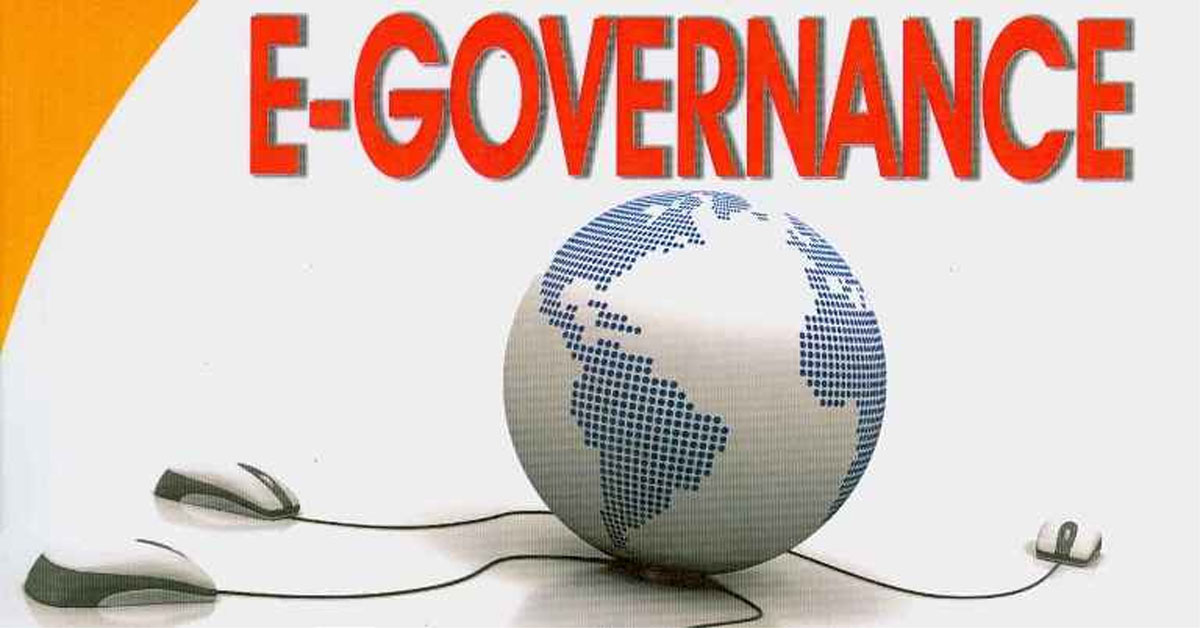Jammu and Kashmir has achieved a significant milestone by securing the top position with 1028 e-services, surpassing Madhya Pradesh with 1010 e-services and Kerala with 911 e-services. This impressive progress can be attributed to the ‘Digital J&K Programme,’ which has witnessed online services grow exponentially, from a mere 35 services in 2019 to the current 1028 services.
The 25th national conference on e-governance, held in November 2022 at SMVDU Katra, saw the participation of over 1,600 delegates from various parts of the country. These delegates represented central ministries and departments, as well as 28 states and eight Union Territories. The primary objective of this two-day conference was to foster closer collaboration among citizens, industry stakeholders, and the Government to expedite development processes. The valuable insights and experiences shared by participants from other states during the conference played a pivotal role in paving the way for Jammu and Kashmir’s remarkable transformation, leading it to become a leader in e-governance.
Efficient, transparent, and prompt service delivery have become the pillars of effective governance in Jammu and Kashmir. People have longed for a hassle-free application process and the convenience of home-delivered services without the need for follow-ups. Building on the success of issuing domicile certificates, the administration has embraced e-governance. Substantial administrative decisions have been made, bringing hundreds of services under the scope of the Public Services Guarantee Act (PSGA). Clear timelines have been established, leaving no room for excuses for delays. Automatic appeals have been introduced for most services, ensuring that once an application is submitted online, the service must be provided within the stipulated timeframe. Failure to do so will automatically trigger an appeal to the First Appellate Authority. Departments failing to respond and provide explanations will face legal consequences. These measures aim to strengthen democracy with a strong focus on the public’s rights, and officials must facilitate the realisation of those rights.
The Chief Secretary’s proactive involvement and regular meetings are the driving force. His efforts to enforce compliance with specified timelines have made departments more responsive and accountable in the long run. The Government is accountable to the public, and these initiatives are well-timed to meet citizens’ aspirations and expectations. The administration has devised plans to minimise physical interactions, establish paperless offices, simplify online applications, and automatically address delays. Avoiding responsibilities will no longer be effective, and the administration can assess department performance and take corrective action when needed. The transition from the traditional annual Darbar move to e-governance demonstrates that handling files online not only works but also leads to significant cost savings. Through the implementation of an automatic redressal system in the online mode, which initiates actions if compliance is not met within a specified period, the Government has introduced a structured approach to address pending matters. This shift towards digitalization is driven by the Government’s commitment to providing efficient and accessible services to all residents, aiming to enhance transparency, reduce bureaucracy, and overall improve the governance experience.
Initiatives like the e-UNNAT (Jan Sugam) portal have proven to be a tremendous boon for the public, ensuring services are delivered within specified timeframes. Additionally, the Rapid Assessment System (RAS) collects feedback on satisfaction levels regarding these services. The administration is devoted to serving the public by exploring various methods to ensure the doorstep delivery of essential services. The effective utilisation of available technology has paved the way for innovative solutions that simplify service delivery. Despite historical challenges, the Government of Jammu and Kashmir has successfully implemented these solutions and achieved the desired outcomes. Jammu and Kashmir becoming a leader in online services across the country in such a short span is a dream come true moment. Efforts to enhance digital governance are positioning the region at the forefront of technological advancements in public service delivery.
Trending Now
E-Paper


